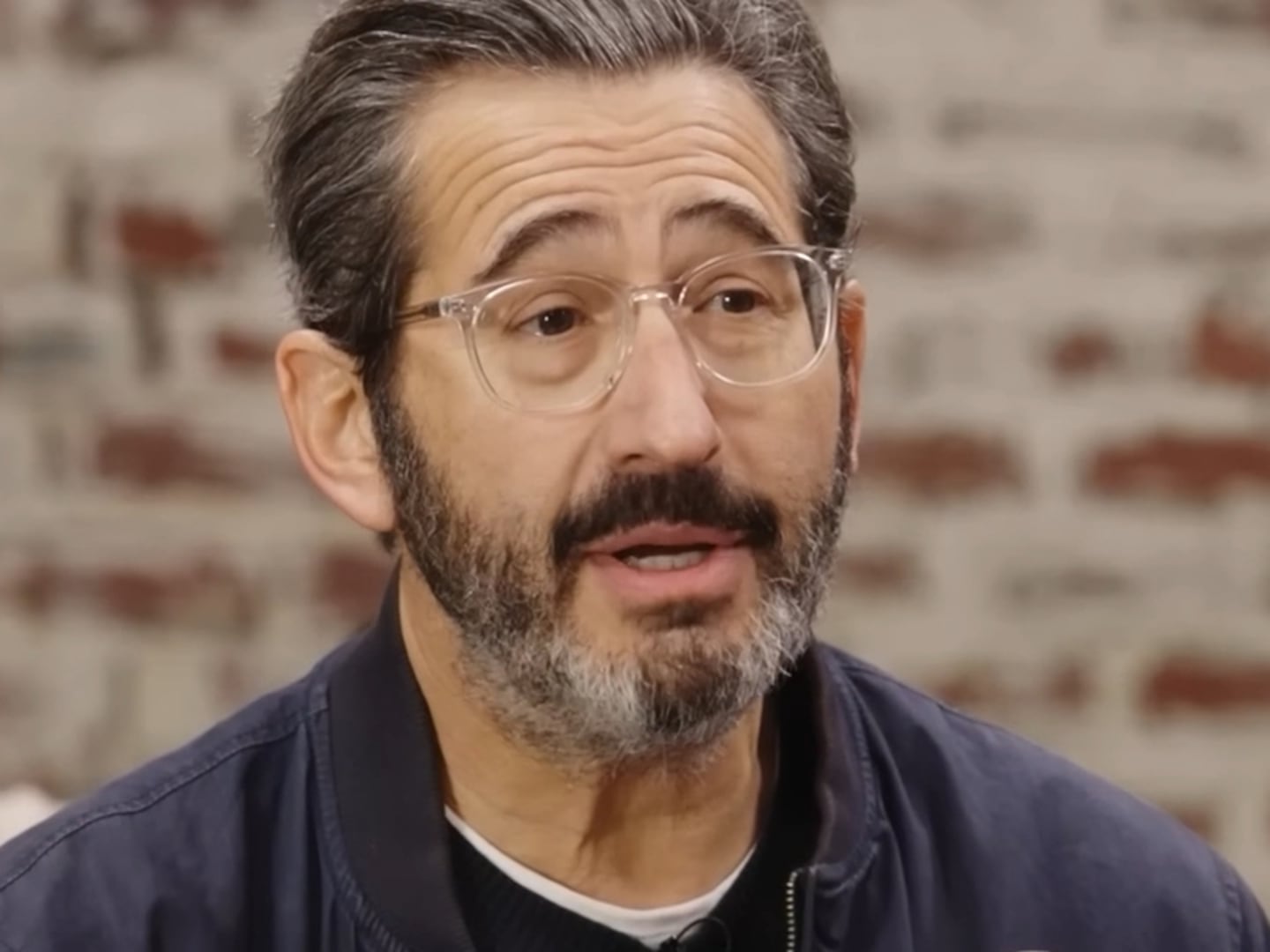Opinion
Chip Somodevilla/Getty Images
Here’s Why Donald Trump Doesn’t Have to Register as a Sex Offender
‘THEY LET YOU DO IT’
You’d think someone found liable for sexual assault would be considered a danger to society, but unfortunately the law says otherwise.
opinion

Trending Now




